I continue to be amazed at how easy it is to buy high-quality, organic food in Switzerland.
Most local supermarkets in my area offer at least one organic alternative for the majority of food items – from fruit and veg, to dairy, to meat and fish. In sharp contrast, on a recent shopping spree to a large, top-notch supermarket in Germany, I was left feeling disappointed because the range of organic alternatives was pitifully small and, worse, of visibly poor quality.
A budding organic sector in Switzerland.
Keen to discover the secret behind the blossoming organic trade in Switzerland, I arranged an interview with Bio Suisse’s Chief Communications Officer, Stephan Jaun, and Media Officer, Lukas Inderfurth, who explained that the Swiss organic sector is growing by 2 percent each year.
Consumers who choose to stock their kitchens with organic food are not solely motivated by lifestyle choices. While being good for human health, organic products are kind to the environment, too.
In other words: Buying organic has a community value.
Produced without chemical herbicides or pesticides, fewer residues make their way into Switzerland’s waterways. From the discussion with Jaun and Inderfurth, it was clear that anytime a consumer opts for the organic range at a COOP or Migros store, they indirectly contribute to Switzerland’s heritage - including the wellbeing of future generations.
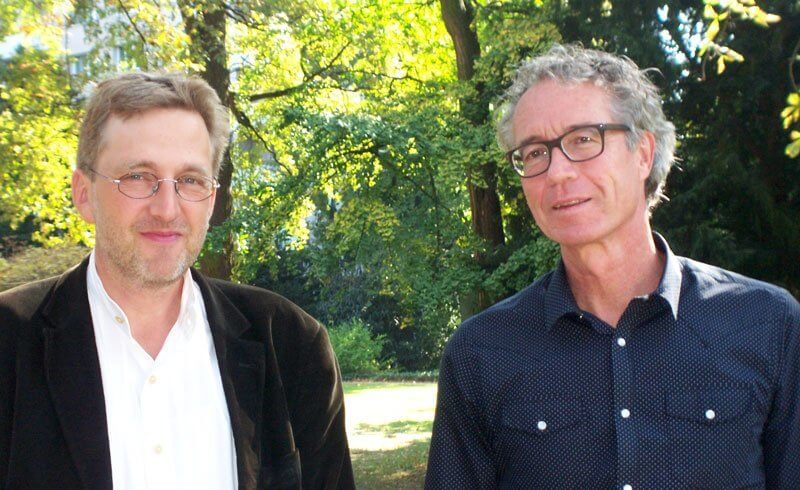
About Bio Suisse.
The umbrella organization Bio Suisse was set up in 1981 to bring power players in the organic sector together. Founding organizations included the Research Institute of Organic Agriculture (FiBL), Biofarm and Demeter. Nowadays, 95 percent of all organic farms in Switzerland are part of Bio Suisse, which equates to 6’000 farmers.
Organic products currently have a 7.1 percent share of the Swiss food market, with annual revenues of 2.2 billion francs.
Although organic farmers tend to get a fairer market price for their produce than conventional farmers, the benefits are not solely financial. Organic farming "brings humans, animals and nature back into balance," says Inderfurth. Moreover, consumer appreciation for organic products tends to be higher.
A "bud" with a promise.
Being an organic farmer in Switzerland used to come with a stigma. Those times are gone. In fact, conventional farmers are increasingly converting to organic. Bio Suisse offers farmers an organized market, clear guidelines and a united voice towards consumers and the government.
The Bio Suisse "bud" label is used on organic products in the market place, in turn giving farmers more credibility. Retailers and consumers are assured that what they are buying is 100 percent organic.
"The long-term vision is for all farms in Switzerland to be organic," explains Jaun. To reach that goal, Bio Suisse plans to increase research on new crop varieties and animal breeds. In addition, technological developments are needed to improve production methods.
Currently, organic farmers remove weeds from the fields by hand or machine, which is time-consuming. They also face smaller yields. All of which impacts the cost to the consumer.
More advanced agricultural machinery could change this situation for the better. One example of a prototype being tested is a solar-powered, crop-picking robot. I guess it could also double-up as a pretty trendy scarecrow.
(Wheat field, cheese and headquarter photographs copyright Bio Suisse)

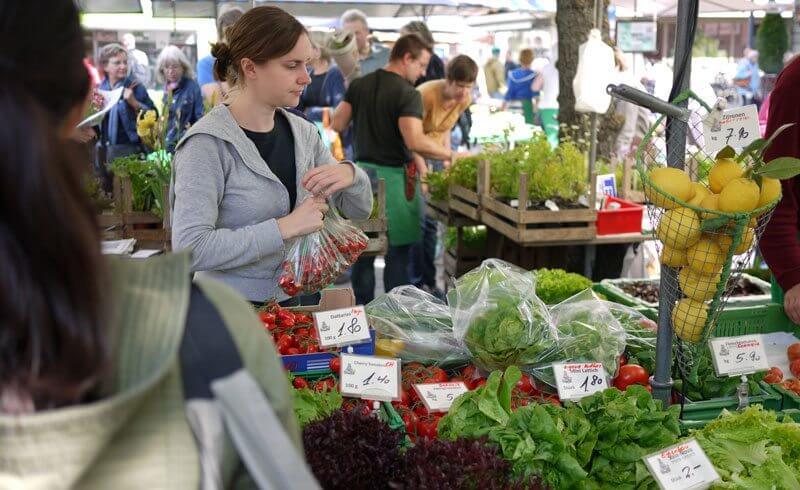
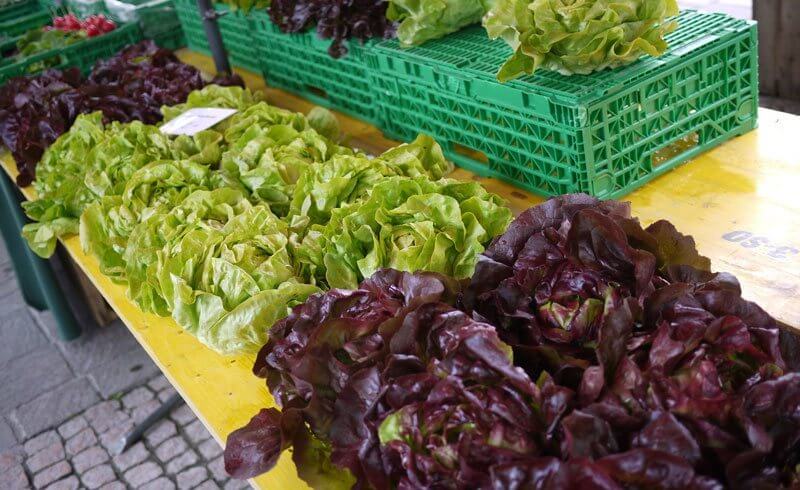
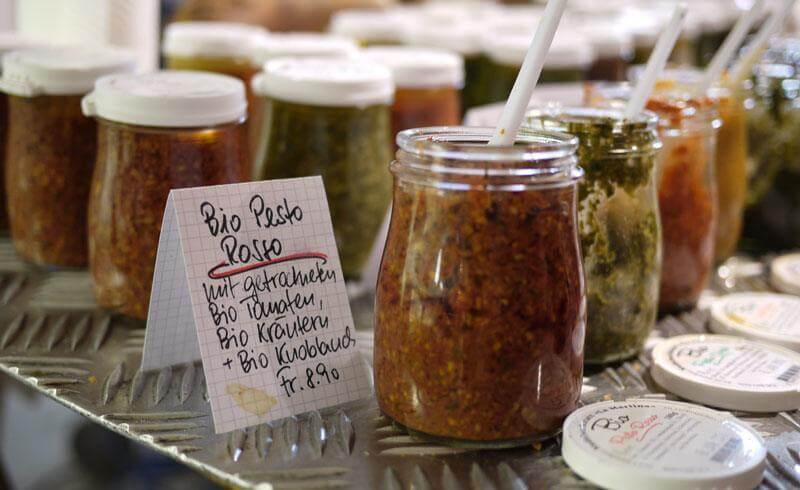
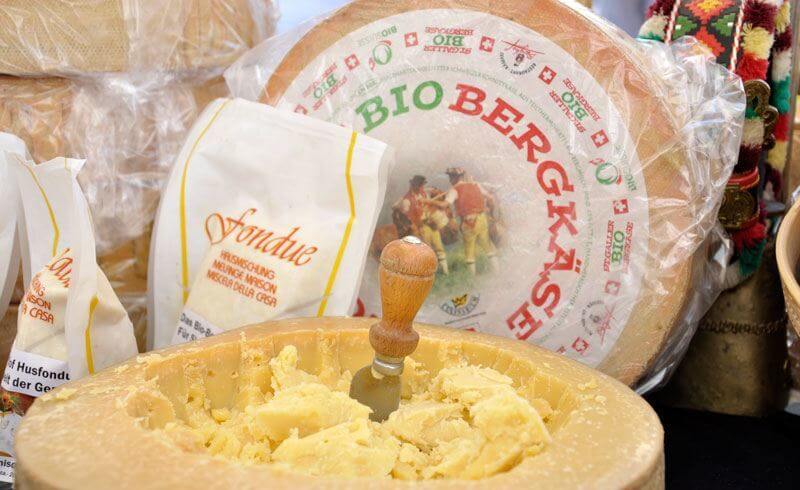
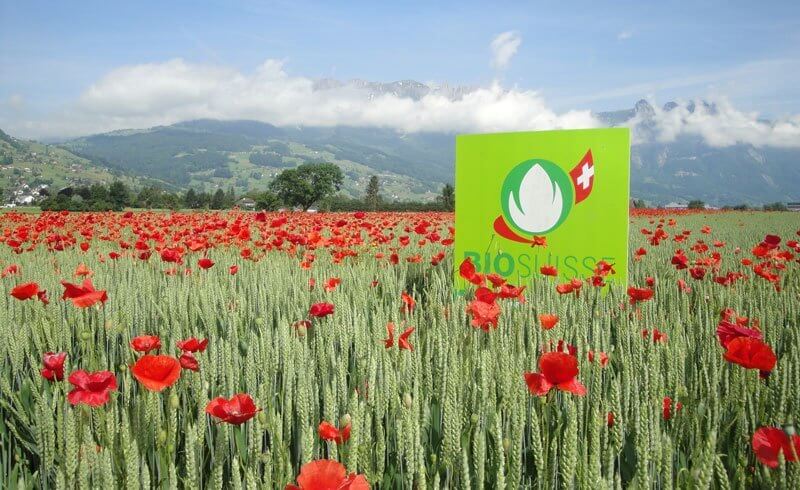
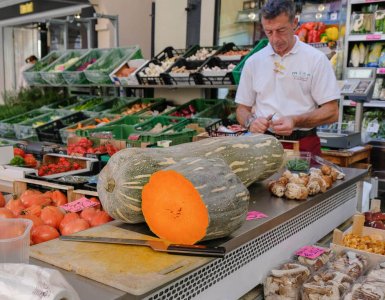
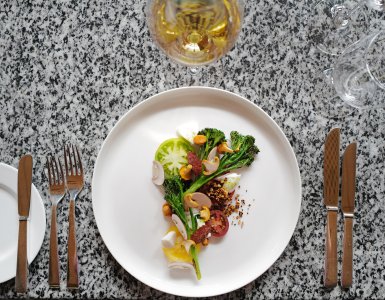


Add comment